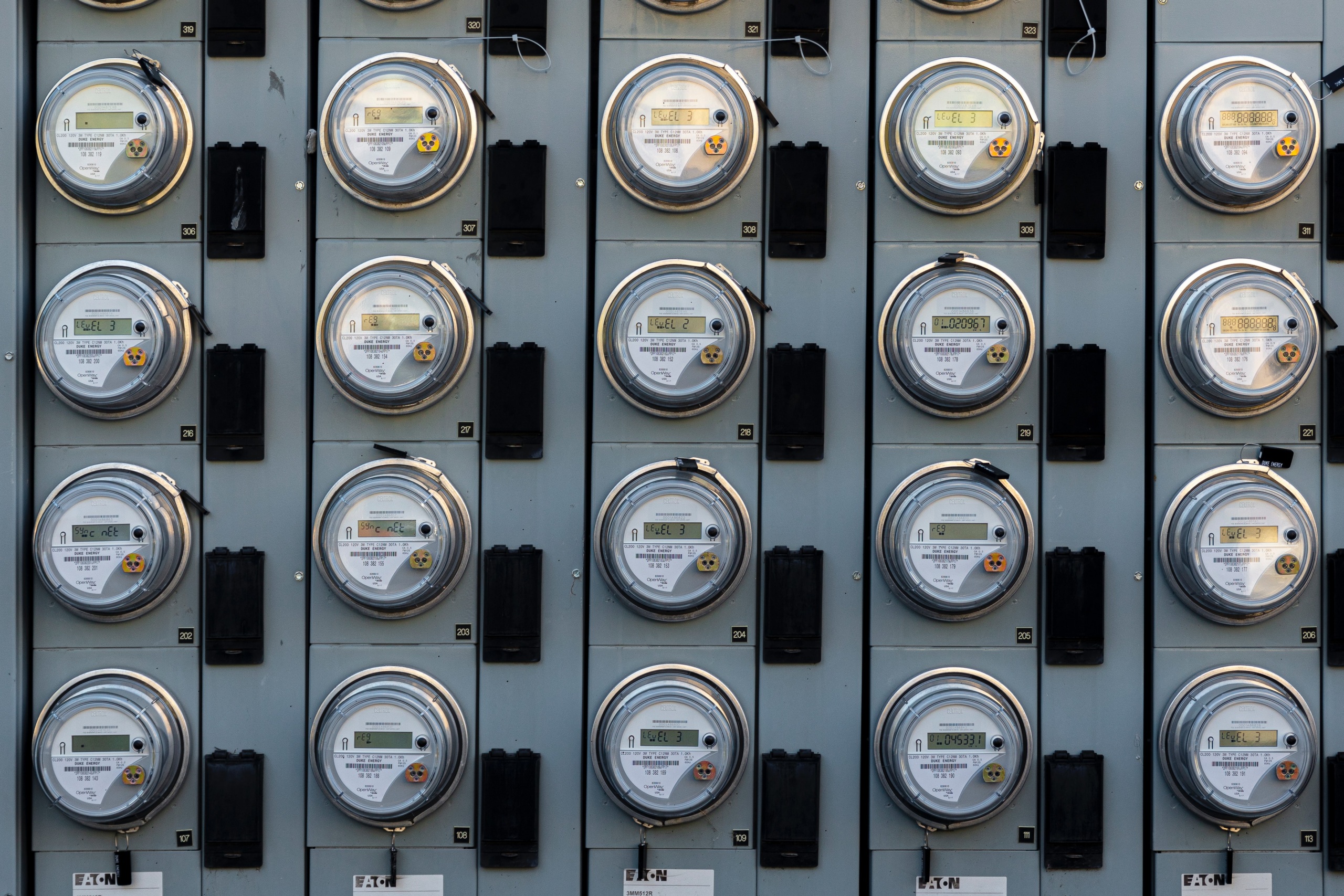
Getting Off Oil
A 50-State Roadmap for Curbing Our Dependence on Petroleum
America's dependence on oil inflicts a heavy toll on our environment - harming our air, water and land. And with oil companies now having to go to greater lengths – and take greater risks – to satisfy the world’s demand for oil, the environmental impact of oil consumption will only increase in the years to come. Getting Off Oil describes how the United States can use a combination of local, state and federal policies to curb our consumption of oil for energy by 31 percent by 2030.

Downloads
America’s dependence on oil inflicts a heavy toll on our environment. There are many technologies and policy tools, however, that can curb America’s dependence on oil.
By taking strong action to cut down on energy waste and shift to cleaner sources of energy, America could reduce its consumption of oil for energy by 1.9 billion barrels of oil per year by 2030 – 31 percent of today’s oil use – while achieving President Obama’s goal of reducing oil imports by one-third by 2025 and putting the nation on track to ending its dependence on oil.
America’s dependence on oil inflicts a heavy toll on our environment – harming our air, water and land. And with oil companies now having to go to greater lengths – and take greater risks – to satisfy the world’s demand for oil, the environmental impact of oil consumption will only increase in the years to come.
- Global warming – Oil consumption is the number one source of carbon dioxide – the most important global warming pollutant – from the U.S. economy. America’s emissions of global warming pollution from oil burning alone exceed the total emissions of every nation in the world other than China.
- Air pollution – Combustion of gasoline in motor vehicles produces nearly one-third of the nation’s air emissions of nitrogen oxides and more than one-fifth of emissions of volatile organic compounds. These two pollutants are responsible for the ozone smog that threatens the health of millions of Americans. Oil refineries are also major sources of toxic air emissions.
- Oil spills and leaks – Oil spills impose massive damage on the environment. Over the past decade, more than 1 million barrels of oil products have leaked from petroleum pipelines, while there are approximately 7,300 reports of leaking underground oil storage tanks each year, which threaten the safety of groundwater supplies.
- Rising environmental threats – As oil from easy-to-reach reservoirs has run out, oil companies have increasingly used riskier and more environmentally destructive methods to obtain oil. Production of oil from Canada’s tar sands has destroyed vast areas of boreal forest, polluted local waterways with toxic substances, and increased global warming pollution. In the United States, the risks of deepwater offshore drilling were demonstrated by the BP Deepwater Horizon disaster, while oil companies hope to someday use processes similar to those used in Canada’s tar sands region to produce oil from shale in the American West.
America has the tools to curb our dependence on oil, starting now. By taking strong action on a variety of fronts, the United States could reduce its use of oil for energy by 31 percent below 2008 levels by 2030.
- The benefits of an oil reduction strategy would accrue to all sectors of the economy and every region of the United States.
- Oil consumption would be reduced by 35 percent in the transportation sector, 31 percent in homes, 39 percent in businesses, and by 9 percent in the industrial sector relative to 2008 levels.
- Each of the 50 states would experience significant reductions in oil consumption, ranging from a 4 percent decline in fast-growing Nevada to a 46 percent drop in Michigan.
- The policy steps that are needed to achieve these reductions in oil consumption include:
- Fuel economy improvements in light-duty vehicles consistent with achievement of a 62 miles per gallon fuel economy/global warming pollution standard by 2025.
- Aggressive efforts to put millions of plug-in electric vehicles on the road through light-duty vehicle global warming pollution standards and other strategies.
- Requiring the sale of energy-efficient replacement tires for cars and light trucks.
- Encouraging the development of vibrant communities with a range of available transportation options, including transit, biking and walking.
- Requiring large employers to work with their employees to reduce the number of single-passenger automobile commutes to workplaces.
- Transitioning to a system in which automobile drivers pay for insurance by the mile instead of at a flat rate – providing a financial incentive for reducing driving.
- Doubling transit ridership over the next 20 years through expansion of public transportation systems, while further increasing ridership through efforts to make transit service more efficient, more reliable and more comfortable.
- Establishing a clean fuel standard that reduces life-cycle global warming pollution from transportation fuels by 10 percent by 2020 – encouraging a shift away from oil as a transportation fuel.
- Promoting bicycling through investments in bike lanes and other facilities for bicyclists.
- Building high-speed rail lines in 11 federally designated corridors, providing an alternative to air and car travel.
- Improving the fuel economy of heavy-duty trucks, airplanes and trains.
- Retrofitting existing homes and businesses to save energy, and adopting strong building energy codes to ensure that new homes are as energy efficient as possible.
- Setting strong standards and creating strong incentives for the replacement of inefficient industrial boilers and process heat systems with high-efficiency models.
- Curbing oil use in the federal government through improved energy efficiency and a shift to cleaner fuels.
To catalyze these changes – and protect Americans from the environmental, economic and national security costs of continued dependence on oil – the United States and individual state governments should set aggressive goals for oil savings and mobilize the resources needed to achieve those goals.
Topics
Authors
Tony Dutzik
Associate Director and Senior Policy Analyst, Frontier Group
Tony Dutzik is associate director and senior policy analyst with Frontier Group. His research and ideas on climate, energy and transportation policy have helped shape public policy debates across the U.S., and have earned coverage in media outlets from the New York Times to National Public Radio. A former journalist, Tony lives and works in Boston.
Benjamin Davis
Policy Analyst
Elizabeth Ridlington
Associate Director and Senior Policy Analyst, Frontier Group
Elizabeth Ridlington is associate director and senior policy analyst with Frontier Group. She focuses primarily on global warming, toxics, health care and clean vehicles, and has written dozens of reports on these and other subjects. Elizabeth graduated with honors from Harvard with a degree in government. She joined Frontier Group in 2002. She lives in Northern California with her son.
Rob Kerth
Policy Analyst
Travis Madsen
Policy Analyst
Find Out More

Carbon dioxide removal: The right thing at the wrong time?

How to get more from state energy efficiency programs

“Certified natural gas” is not a source of clean energy


